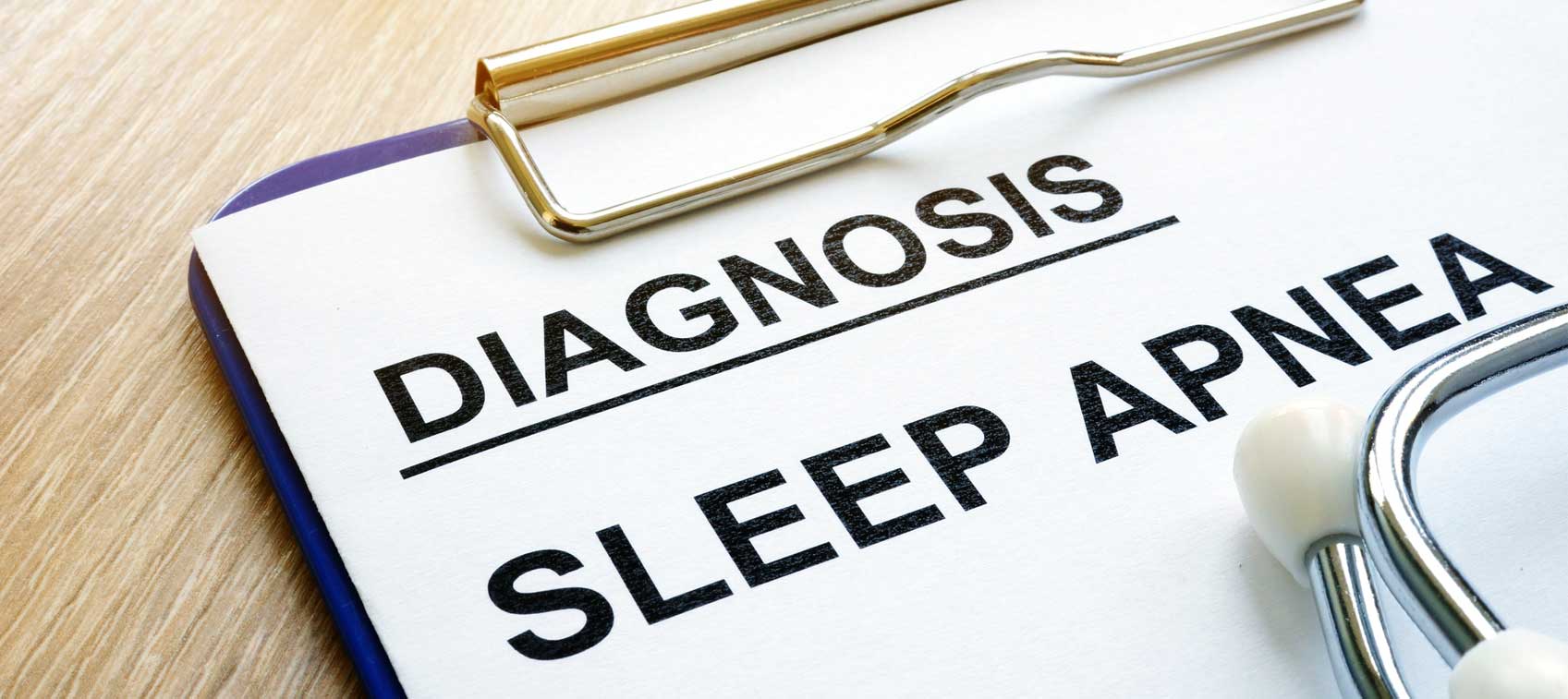
Do you snore? Choke or gasp for air during sleep? You may have sleep apnea, and it’s important to get a handle on it. Untreated sleep apnea increases the risk and severity of a number of cardiovascular disorders.
The link is so strong that the American Academy of Sleep Medicine has come up an acronym for the many cardiovascular conditions linked with sleep apnea:
- H: Heart failure
- E: Elevated blood pressure
- A: Atrial fibrillation
- R: Resistant hypertension
- T: Type 2 diabetes
- S: Stroke
How can sleep apnea affect your heart in so many ways? Let’s take a look.
What Is Sleep Apnea?
Sleep is a time of peak repair and regeneration of your heart, blood vessels, and other organs and tissues throughout the body.
As you cycle through the various stages of sleep—rapid eye movement (REM) and non-REM sleep—numerous physiological changes occur. Among them are variations in heart and respiratory rate, blood pressure, body temperature, and the release of hormones—all of which rise and fall in predictable patterns throughout the night.
The problem is that sleep apnea throws a wrench into the works! Whether it’s due to relaxation of tissues in the throat that block the airways (obstructive) or temporary disruptions of brain signals to the muscles that control breathing (central), sleep apnea causes brief, repetitive stops and starts in your breathing. This triggers the autonomic nervous system, which controls involuntary processes, to signal the release of hormones that arouse you just enough to take a breath.
Sleep apnea episodes can last 10 seconds or longer and are repeated many times during the night—with 30 or more episodes per hour in severe cases.
What Happens with Untreated Sleep Apnea?
Untreated sleep apnea affects all aspects of health but is particularly harmful to the cardiovascular system:
- Disruption of sleep cycles and normal reparative processes that are critical for cardiovascular health.
- Intermittent hypoxia (oxygen deprivation) and low blood oxygen levels as well as changes in carbon dioxide levels.
- Intrathoracic pressure alterations as the chest and abdomen work harder to fill the lungs, which has adverse effects on heart structure and function.
- Increases in blood pressure & heart rate in response to autonomic nervous system signals for arousal to resume breathing.
- Systemic inflammation & oxidative stress triggered by low oxygen levels.
- Elevations in risk factors such as clotting factors, free fatty acids, glucose,and cortisol that are linked with cardiovascular disease.
- Decreased insulin sensitivity, a risk factor for both diabetes and heart disease.
- Endothelial dysfunction caused by all of the above factors, resulting in a reduced ability of the layer of cells lining the blood vessels to release nitric oxide, regulate blood pressure, and protect against inflammation and oxidative stress.
Sleep Apnea & Heart Disease
Although these disruptions initially occur only when you stop breathing while asleep, repetitive exposure stresses the heart and vascular system. It should come as no surprise that many of the patients who consult cardiologists also have sleep apnea. Related conditions include:
- Hypertension: Blood pressure increases as elevations in cortisol and other stress hormones remain high around the clock. People with severe sleep apnea are also more likely to have resistant hypertension—blood pressure that remains high despite treatment with multiple medications.
- Heart failure: Intrathoracic pressure swings can cause structural changes in the heart. The walls of the heart may become stiffer and less flexible, and pumping ability may be impaired. Patients who have both sleep apnea and congestive heart failure have worse outcomes than those with normal sleep-related breathing.
- Arrhythmias: Changes in heart structure may also include remodeling that contributes to cardiac arrhythmias. Studies reveal strong links between sleep apnea and atrial and ventricular arrhythmias, and severe sleep apnea is associated with a two- to five-fold higher risk.
- Strokes, heart attacks, & cardiovascular death: I have been asked if sleep apnea can kill you. Well, it does elevate the risk of strokes and heart attacks. And a study published in Atherosclerosis involving more than 5,000 participants followed for an average of seven and a half years reported that sleep apnea doubled to tripled the risk of death from cardiovascular events.
Treating Sleep Apnea & Reducing Cardiovascular Risk
The gold standard treatment for sleep apnea is continuous positive airway pressure (CPAP), which keeps the airway open by increasing air pressure in the throat.
I highly recommend it. Granted, some of the clinical trials comparing CPAP versus no treatment in patients with cardiovascular disease found that CPAP provided little to no reduction in risk of heart attack, stroke, and cardiovascular death. However, study participants used CPAP an average of only three to four hours a night, and most of them had moderate, rather than severe sleep apnea.
Furthermore, CPAP use has been shown to lower blood pressure, blood sugar, free fatty acids, cortisol, and markers of inflammation and oxidative stress as well as improve nighttime sleep, daytime sleepiness, depression, and anxiety—and all these factors provide significant cardiovascular benefits. As part of a multi-pronged program, along with weight loss and natural therapies for heart disease, a CPAP can make a tremendous difference in your overall health and quality of life.
Sleep apnea is estimated to affect more than one in three adults and up to twice that many who have been diagnosed with cardiovascular disease. If you have any of the cardiovascular conditions discussed above—or any signs and symptoms of sleep apnea such as obesity or snoring—talk to your doctor about getting a sleep study.


